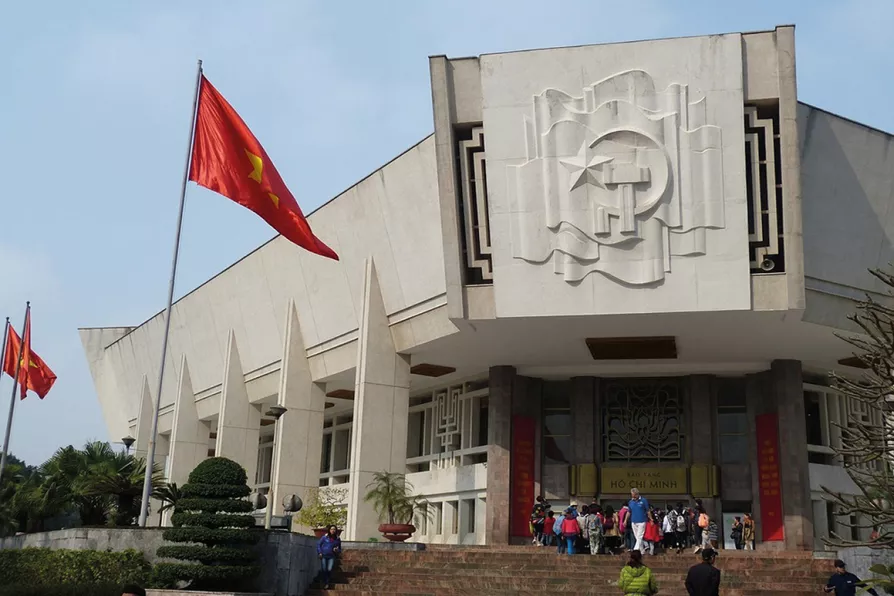RAINER RUPP examines former CIA analyst Larry Johnson’s description of the US operation to kidnap Nicolas Maduro as a tactically successful but strategically disastrous move, with shades of Bush’s disastrous intervention in Iraq


IN the US, most people are educated to understand that democracy means multiparty elections and that any country that does not have multiparty elections is repressive and undemocratic.
However, democracy simply means “rule of the people” and doesn’t necessarily have anything to do with multiparty elections.
For example, the Socialist Republic of Vietnam is a single-party state that is also democratic. While this concept might seem confusing to many educated in the West, it is quite true.
On March 4, delegates from the Communist Party USA’s Hello Comrade programme met with Truong Thi Ngoc Anh, vice chairperson of the Vietnam Fatherland Front (VFF), to learn more about Vietnam’s unique and people-centred approach to democracy.
Comrade Ngoc Anh explained to the delegation how VFF and its member organisations work, and why the Vietnamese constitution calls it “the political base of people’s government.”
The VFF is a free alliance of all of the major mass people’s organisations, political organisations, and sociopolitical organisations in Vietnam. Some of the largest member organisations are the Vietnam Women’s Union, the Ho Chi Minh Youth Union, various religious organisations, labour unions, diaspora organisations, and others.
While the front is communist-led, most of its members are not members of the Communist Party of Vietnam. In fact, the Vietnam Women’s Union alone has over 13 million members, making it more than double the size of the Communist Party of Vietnam.
One of the main roles of the VFF is to ensure that the people rule the country, or as the Vietnamese refer to it, “ensuring the people’s mastery.” The VFF ensures that Vietnam functions democratically, and uses many tools to ensure that it completes this mission.
The VFF and its member organisations are established in every province and operate at all levels, from the grassroots to the national level. They collect the opinions and feedback of the people and report on it to the government. The national assembly, Vietnam’s legislature, cannot pass a law without first receiving the feedback of the VFF.
While the VFF works year-round, a special time is set aside annually in mid-November for the National Great Solidarity — Vietnamese Cultural Heritage Week. During this time all Vietnamese are encouraged to gather in their towns and give their opinions about anything they like to the VFF.

KEVAN NELSON reports back from a delegation to the epic celebrations for the anniversary of Vietnam’s 1945 revolution, where British communists found a thriving, prosperous socialist country, brimming with ambition and well-earned national pride

KYRIL WHITTAKER looks at what guides Vietnam 50 years after reunification












